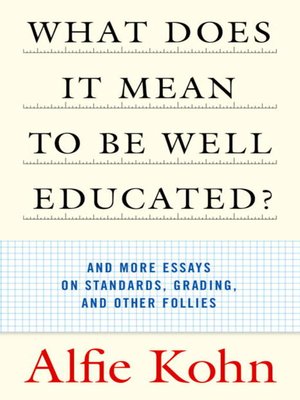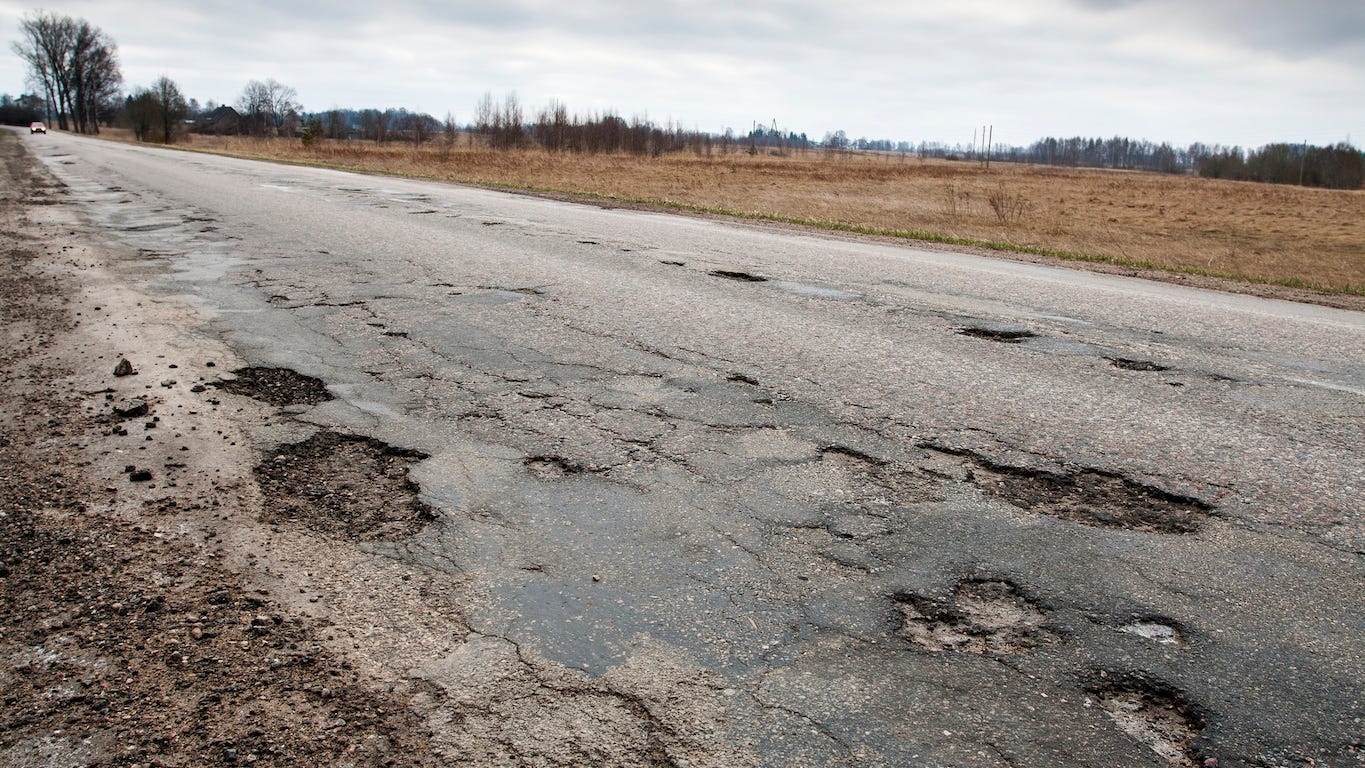Pandemic: Missed Opportunities or Change on the Horizon?
2020. It has come to this. Face masks for some "in-person" students and teachers, remote learning for others, a blend of the two for the brave Hybrids. COVID teaching and learning is not for the feint of heart, I guess, but there's something sticking in my craw about all of this: Everyone's in a hurry to "return to normal." Just today, Ari Shapiro is advertising an All Things Considered program about how we can "jumpstart" learning after the pandemic, and reboot the "race" to end the achievement gap.
It's difficult to write this, as much as it's difficult to even think it, but I have to say, our system feels broken. It's either that, or I've just never fit our national system. What I mean by that is, I've never understood the drive, in business or education, for more faster more faster more faster more. It's a "race," or it's an initiative in the midst of a culture "war." It's the ceaseless Deleuze and Guattari "desiring machine" hell bent for the end times drive, and I've never liked it. There, I said it.
Educating a nation of 350,000,000 is not easy in the best of times. High schools' schedules are driven by the three-season sports schedule, and the push for excellence just means "more faster" and improved test scores. Imagine an AP teacher suggesting to students that they were going to jettison 50% of the breadth they cover in favor of doing some in-depth work and analysis? 100 miles wide and 1" deep is the American motto. We've never met a gaggle of statistics or test strategies that we can't cram down students' throats five days a week in a rush to a "perform" at the end. And what, then, are we measuring?
Alfie Kohn once asked a great question when he titled a 2004 collection of essays What Does It Mean to Be Well Educated? Clearly, in Kohn's eyes, standardized testing does nothing to help us unravel that knot. Who cares if a skilled Maine wooden boat builder bombed the SATs? I don't. I bombed the SATs. A lot of people I know hated taking those tests, regardless of intelligence. We know this. We also know that the factory model of education reflects a philosophy and approach to education calcified in the late-19th century. And here we are in a pandemic, with all the world's tech-gizmos available to us, pushing, pushing, pushing for schools to "reopen" as usual.
Students are suffering! There's backsliding academically! Students and parents can't cope! "They" waste time on video games and TikTok! There are myriad social problems lurking beneath these headline proclamations, and few of them can be solved by 19th century models for education. OK, we are providing students with meals. Last spring, during phase 1 of COVID education, local schools here in Hancock and Penobscot Counties were delivering food with the bus system. But is that why schools need to remain open? Providing food? The fact that nuclear families can't cope during this stressful time has more to do with our unhealthy obsession with burdening the nuclear family with our national measures of success. David Brooks has had a profound turn around on the idea of the nuclear family, and he sees it, now, as a social failing. In the COVID case, I see his point clearly: we have nothing else to fall back on to support students and families. NOTHING ELSE . . . except schools?
The weirdest pill to swallow right now is that in the United States–remember, the entrepreneurial hub of the capitalist universe–we typically eschew real innovation in education. That is not to say that we are not adapting. Rather, it is to say that we are adapting to new technologies and possibilities while being stuck in a 19th century schedule and mindset. One of Amy Scott's latest features on MarketPlace has a headline that says it all: "More Employers Are Expected to Shift to Hybrid Workplaces." The alphabet soup of tech companies Americans know and love are going to embrace a new flex model for employees now and after the pandemic. And yet there's a drum beat for schools to return to "normal." This seems like a wasted opportunity. Why not follow the lead of innovative entrepreneurs and invest in a "high flex," hybrid model of schooling all of the time, not just during pandemic times?
Take our local geography in Coastal Downeast Maine for one example. Students sit on busses for ever increasing amounts of time in order to ride in to (overheated) school buildings from tiny, far flung towns on busses that are far under capacity much of the time. I often try to cheer kids up after their lonely bus rides by saying stupid stuff like, "Nice limo, dude." I can't even comprehend the cost benefit analysis of fuel alone while having 5 students ride in on a full-length school bus for a half hour plus each way to and from school. And for what? To play sports? To do theater? For science labs? On some days that's true.
However, during the pandemic, our experiments with online learning have shown that we can grow, rapidly, when we throw teachers and students into new learning environments. In Maine, the MLTI program is now paying off for the schools who fully bought in by providing high schoolers with devices. To be sure, many rural areas lack basic broadband or quality internet accessibility, and that is a concern. However, we still have all sorts of other resistance to "going remote" or doing full-time, online learning. As COVID cases surge, many families are struggling with exposure or risk, and yet we continue to hear a push for in-person learning as the only solution.
With elementary students, there is little doubt that in-person contact is essential. I am not an elementary teacher. However, high school students are transitioning into a world where the most successful businesses and entrepreneurs have already transitioned to online work, on the daily. Wouldn't it make sense for us to begin practicing a more flexible workplace regardless of pandemic times? In our rush to be at work on time, the Maine State DOT spends roughly $15 million per year. This is not including local municipalities. That one cost and commuter push, alone, is staggeringly wasteful.
If we slowed down just a bit, adjusted our work to fit an online plan due to weather, we would be saving towns money. Not only that, roads might not be plowed down into smithereens year after year. Buildings could adjust their heating needs to fit daily use. Skills such as web development, creating digital content, game design, and all sectors of media production could be incorporated into students' skillsets. The list of benefits goes on, and yet, and yet . . .
Something tells me that the U.S. is on a one-way road that knows no other course and that 2021 will be a "Return to Normalcy." If that means careening down a beaten country road at 6:15am in the dark to drop your groggy teenager off for a 45-60 minute bus ride unquestioningly, please don't sign me up. We need to evolve.









